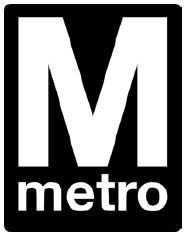
Background
WMATA operates the second largest rail transit system and the sixth largest bus network in the U.S. Of the four million people in their service area, 45 percent rely on mass transit to get to work in the center core of Washington and Arlington County. WMATA also offers MetroAccess, an ADA paratransit service that complements its bus and rail service for people with disabilities.
Challenges
The service program, one of the largest in the country, previously relied on radio technology to dispatch trips and update driver schedules. Job details were also manually entered into the computer system. These processes were labor intensive, prone to inaccuracies, and inefficient.
WMATA wanted an automated scheduling system to improve the efficiency of the call center because of the large volume of calls MetroAccess receives every day. Real-time, accurate fleet data was also needed to effectively measure the fleet’s performance. They were also looking for technology that would improve system productivity with instant driver-dispatcher communications.
MetroAccess drivers were fairly accepting of the new technology but like anything new, there was a learning curve. The speed at which the drivers understood the new technology depended on their existing level of computer knowledge. Also, with new addresses and streets continually being added to the region, there were issues with the in-vehicle maps failing to display the correct address. To remedy this, updated maps were installed in the Ranger mobile computers.
 Bus
Bus Rail
Rail Paratransit
Paratransit

